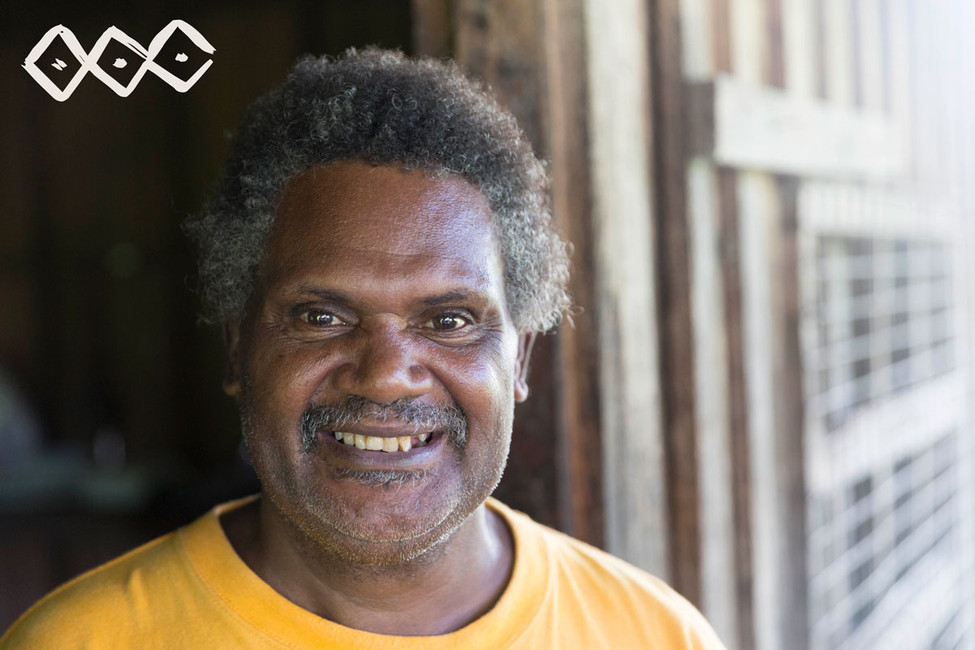
The bumpy road to empowerment
If you take a long and uncomfortable journey on the back of a one tonne flat-bed truck, from Auki, the capital of Malaita, Solomon Islands, on extremely bumpy dirt roads, you will find the tiny village of Hauhul and Rev Micha Raoiasi and his DME Crushing Mill.
It looks like paradise, remote and far removed from the hustle and bustle of modern life. Here, the cheerful Rev Micha, has been running a DME Mill since 2011. He started producing 2 barrels of organic, fair-trade, virgin coconut oil a week and is now a champion producing 5 barrels a week and nine tonnes a year.
This business has transformed life for the locals in the village of Hauhul (pronounced how-who-ee). He employs 10 people on 2 presses and is a strong advocate of women's empowerment. In a culture where work has been historically dominated by men, three-quarters of his employees are women.
In the tropics, about 90% of coconuts are grown on small farms. These farmers are vulnerable to being squeezed on price from only one buyer. But with DME, the locals work cooperatively, because they’re a community minded local business. In Hauhul, 20 farms supporting about 10 people each, are now being paid a fair price regularly for their nuts. That’s 200-people getting trade, not aid. This little business is a big help to people who live close to poverty.
Rev Micha says the process is very simple. He says not having to travel away from his village to learn how to operate it and being able to follow the manual and improve the process over time has been helpful for his village. He now has plans to buy a third press and expand the business.
He said, “I think it is the best kind of development, best kind of business that fits in with Hauhul and families.”
Whenever there is a need in the community, the local people contribute coconuts, and people get together to make virgin coconut oil. The oil is sold and the money goes directly back to community, church, school or other programs as needed. The DME works well because people can work together, whenever they need to access cash. It suits the sharing nature of the local culture. It can be operated whenever cash is needed. It maintains the self-sufficiency of the village. There is no waste, all the by-products are used, from fuelling the fires to dry the coconut meal, to creating stock feed for pigs and chickens and locally making soaps.
Rev Micha says, “It has really helped rural people, especially families in our local places, and I also want to thank those who are paying. With what you are buying, our oil, it really helps the family to send their school children to school and it helps the community upgrade the living standard of our people. Thank you and I want to encourage you to keep helping us, by buying out oil. And we will also help our families and our communities.”



Be a part of their story
#ihaveanewlife #realvillagepeople